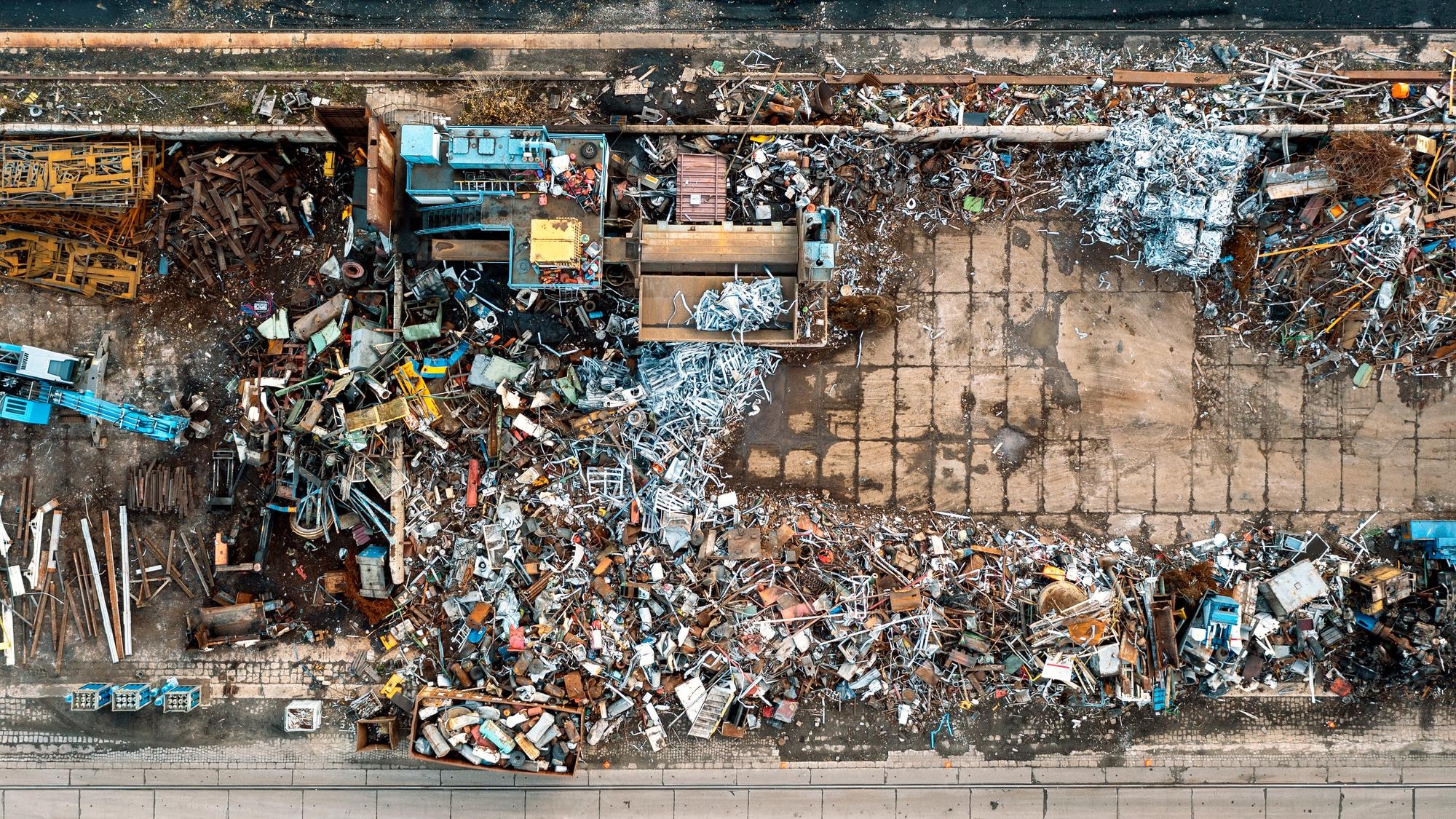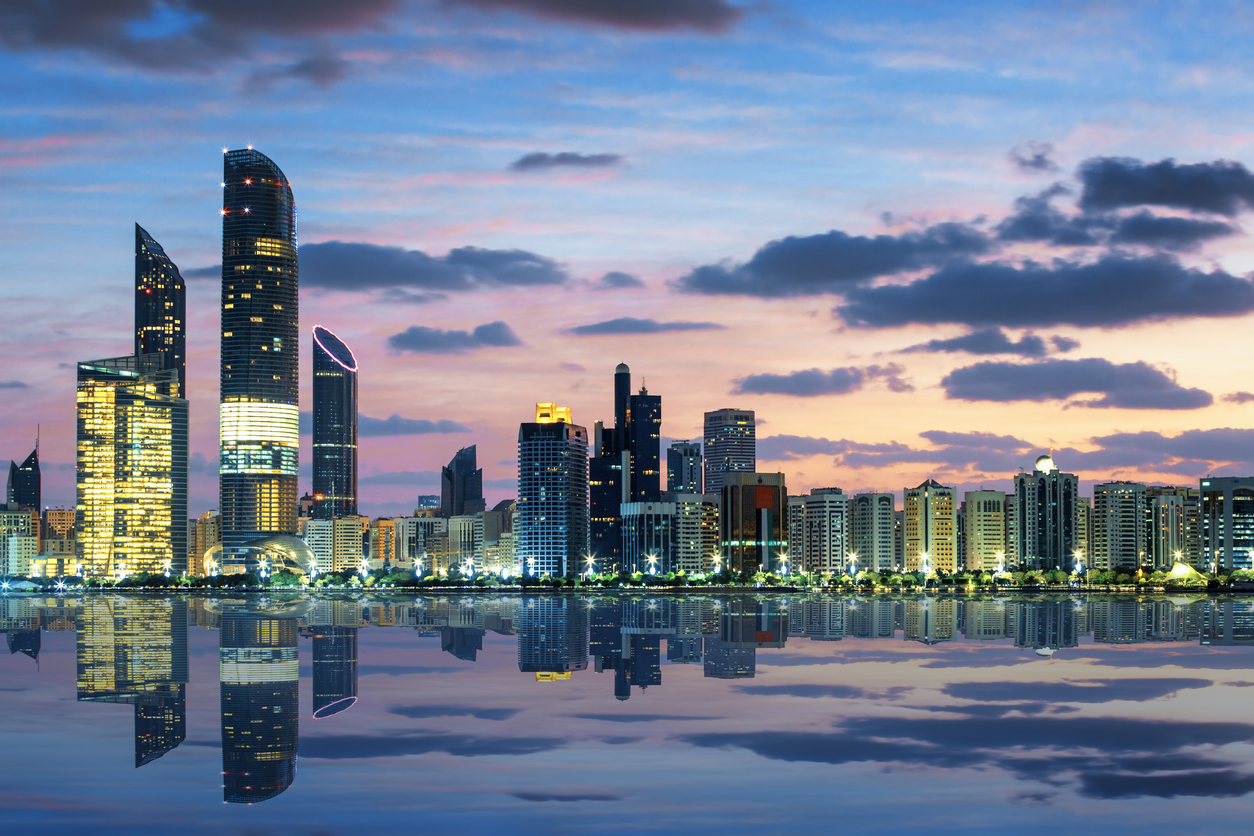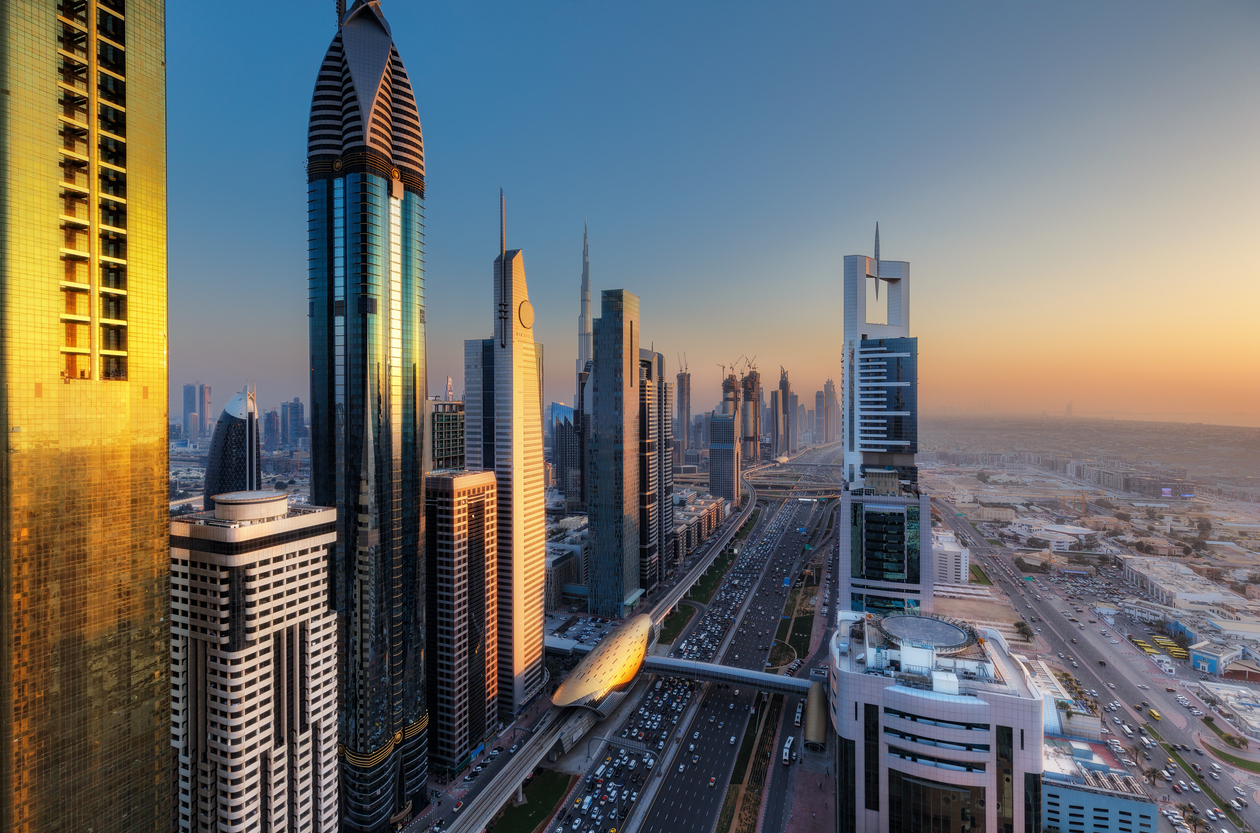The Ultimate Guide to Buying and Exporting Scrap Aluminum from Angola
The Ultimate Guide to Buying and Exporting Scrap Aluminum from Angola
Scrap aluminum is a non-ferrous metal that has been recovered from another product. It is often found as a byproduct of other processes, such as manufacturing and recycling. In the right market conditions, scrap aluminum can be a very profitable venture for companies with excess supply and the right facilities to process it. In this blog post, we are going to discuss why you should consider buying and exporting scrap aluminum from Angola. We will dive into the industry’s current state, relevant regulations, cost analysis, CO2 emissions, logistics challenges, and much more. By the end of this blog post you will have all of the information you need to make a confident decision about buying and exporting scrap aluminum from Angola.
What is Scrap Aluminum?
Aluminum scrap is a non-ferrous metal recovered from another product. The quality of scrap aluminum is highly variable. The cleanliness, grade, and corrosion condition of scrap varies significantly depending on the source materials. This means that a piece of scrap aluminum from a car hood will be different from the piece from a beverage can. Aluminum scrap can be processed back into virgin aluminum. This means that the scrap is not a waste product; it is an input to the manufacturing process. It is not a byproduct in the way that other scrap materials might be.
Why Should You Buy and Export Scrap Aluminum from Angola?
If you are looking to buy and export scrap aluminum from Angola, there are a few reasons why this may be a good fit for your company. The first is the current state of the industry. The scrap aluminum industry is currently facing an oversupply issue. This means that you will be able to acquire the scrap at very competitive rates. In addition to this, there is currently a surge in the demand for scrap aluminum. This is driven by the need for recycled materials and increasing demand in emerging applications. If you can bring this scrap aluminum into your supply chain, you can expect to see a significant upswing in your profits. Overall, Angola is an attractive country to source scrap aluminum from. This is due to the current state of the industry and the potential demand it will see from consumers.
Current State of the Scrap Aluminum Industry in Angola
The scrap aluminum industry in Angola is currently facing a supply shortage. This is due to a decreased demand for scrap aluminum in the country. This can be attributed to the nation’s economic state as well as a lack of infrastructure. As a result, scrap aluminum prices have been increasing during the last few years. The demand for scrap aluminum has decreased due to shifts in the country’s economy. Angola has shifted away from being a producer of raw materials. Instead, it has begun to produce more refined products. This has resulted in a drop in scrap aluminum production. The lack of infrastructure has also contributed to the decrease in demand for scrap aluminum. There are currently no scrap metal processing facilities in Angola. This means that scrap aluminum is exported to other countries for processing. This has decreased the demand for scrap aluminum in Angola.
Regulations for Importing and Exporting Scrap Aluminum from Angola
When importing scrap aluminum from Angola, you will be subject to the same regulations as you would with any other scrap aluminum. There may, however, be additional regulations that apply to your specific shipment. This is because Angola is a member of the African Growth and Opportunity Act (AGOA). This means that the country is subject to special trade agreements with the United States. The agreement requires that imports from Angola pay no more than normal duty rates. It also requires that exporters meet certain quality standards. For scrap aluminum, you will need to ensure that the material is non-contaminated. This means that it cannot contain more than 1% iron. This is slightly higher than the normal 0.5% rate found in most countries. You will also need to ensure that the scrap is clean and free from rust and other impurities.
Cost Analysis to Buy and Export Scrom Aluminum from Angola
When buying and exporting scrap aluminum from Angola, you should expect the process to be similar to other countries. The primary difference is that there will be more bureaucratic red tape to navigate through. This is largely due to the AGOA requirements. As mentioned above, scrap aluminum from Angola will require a higher cost of cleaning. This is due to the increased impurity levels. When importing scrap aluminum from Angola, you will be required to: – Fill out the correct documentation. This includes a Commercial Invoice, a COA (Certificate of Origin), and a HS-19 Declaration. – Ensure that your scrap aluminum meets the required quality standards. – Pay the appropriate duties and taxes.
CO2 Emissions Produced by the Scrap Aluminum Industry
The scrap aluminum industry currently produces around 2.6 million tons of CO2 annually. This is nearly equivalent to the CO2 emissions of the country of Belgium. The CO2 emissions from scrap aluminum come from the energy used in the process. This includes the extraction of bauxite, refining of alumina, and energy used in the smelting process. The majority of CO2 emissions from the scrap aluminum industry come from the burning of fossil fuels. This includes natural gas, coal, and petroleum products. The majority of CO2 emissions are released during the combustion process. The scrap aluminum industry is expected to see continued growth in the coming years. This is due to the increase in demand for recycled materials. This will inevitably lead to an increase in CO2 emissions. There are a few ways that you can reduce the emissions caused by your scrap aluminum operation. You can explore ways to minimize your energy consumption, increase the use of renewable energy sources, and implement efficient production techniques.
Logistics Challenges When Buying and Exporting From Angola
The primary challenge you will face when buying and exporting scrap aluminum from Angola is the increased red tape. This is due to the AGOA requirements. You are required to submit a HS-19 Declaration to the Government of Angola. This is a document that certifies the origins of your scrap aluminum. With the current administration of the country, you can expect a lot of paperwork. The other major logistical challenge you will face is the lack of infrastructure in the country. There are currently no scrap metal processing facilities in Angola. This means that your scrap aluminum will need to be shipped out of the country for processing. This will add a significant cost to your operation. You will need to factor in the haulage and logistics expenses related to shipping the scrap aluminum out of the country.
Bottom Line
The scrap aluminum industry is currently facing an oversupply issue. This has resulted in increased prices for scrap aluminum. This is a profitable time to buy and export scrap aluminum from Angola. The industry is expected to see an increase in demand as consumers shift towards using recycled materials. This will inevitably lead to an increase in CO2 emissions. As a scrap aluminum importer, you can reduce your carbon footprint by minimizing your energy consumption and implementing efficient production techniques. In addition to this, you can help reduce CO2 emissions by shipping your scrap aluminum out of Angola for processing.








LEAVE A COMMENT
You must be logged in to post a comment.